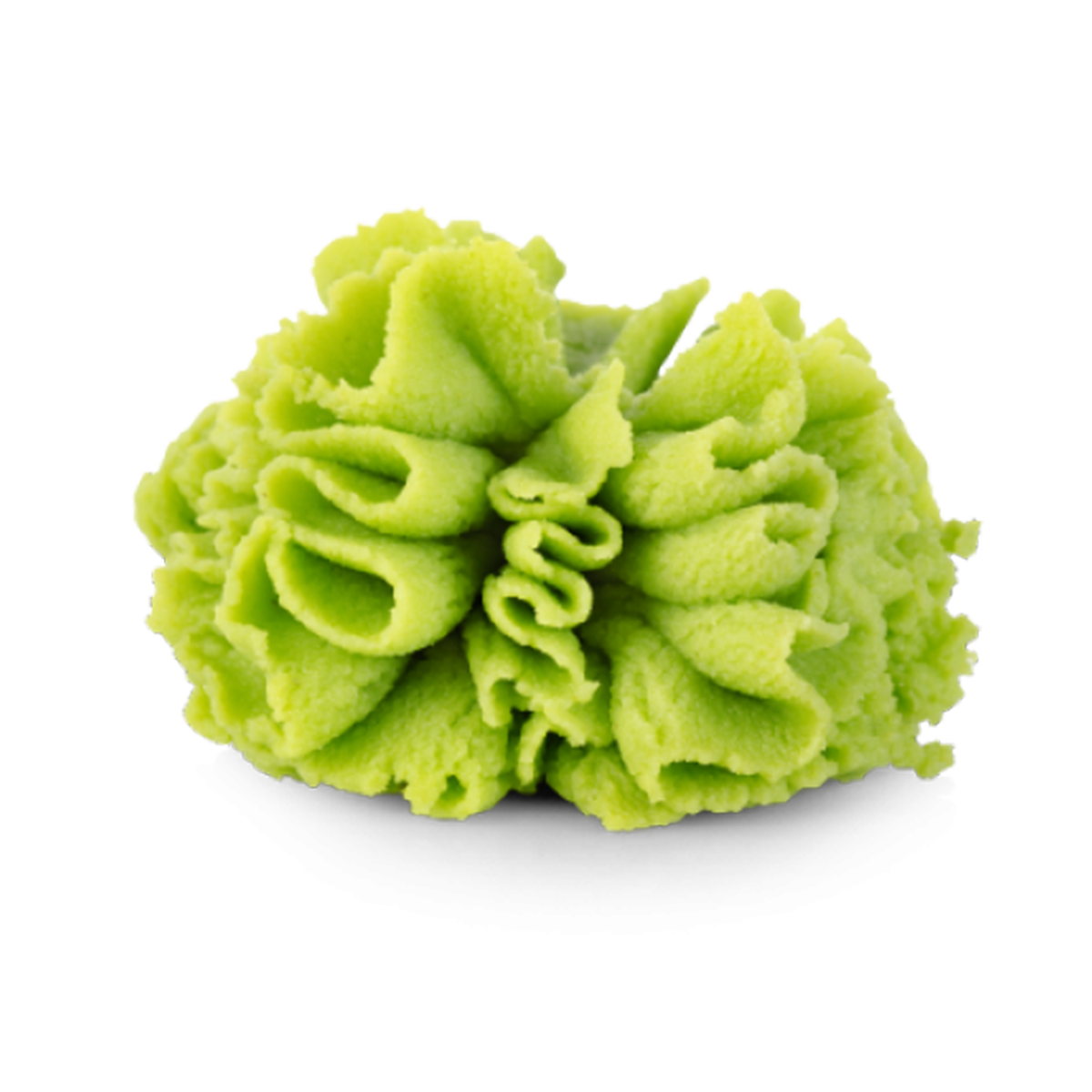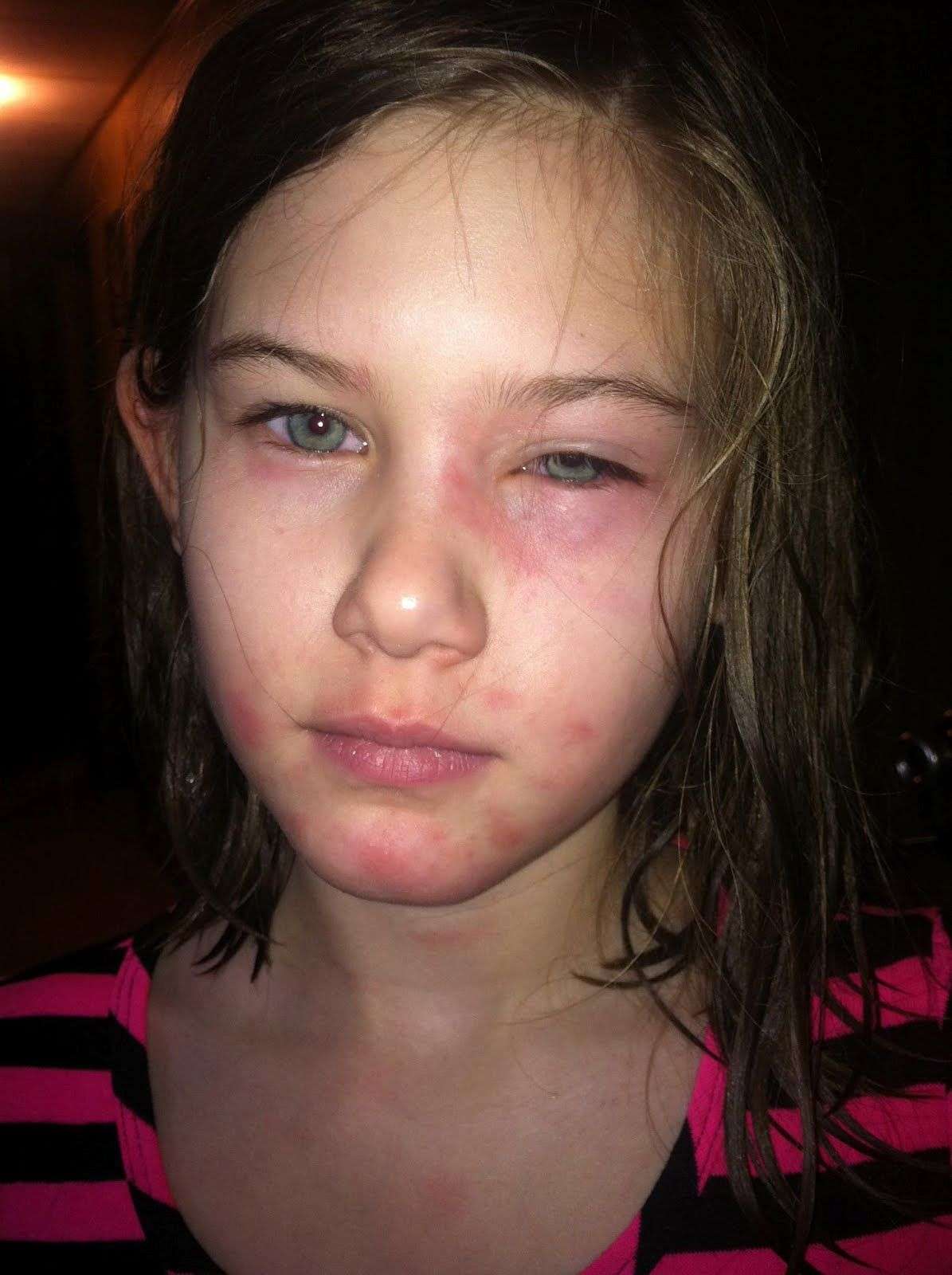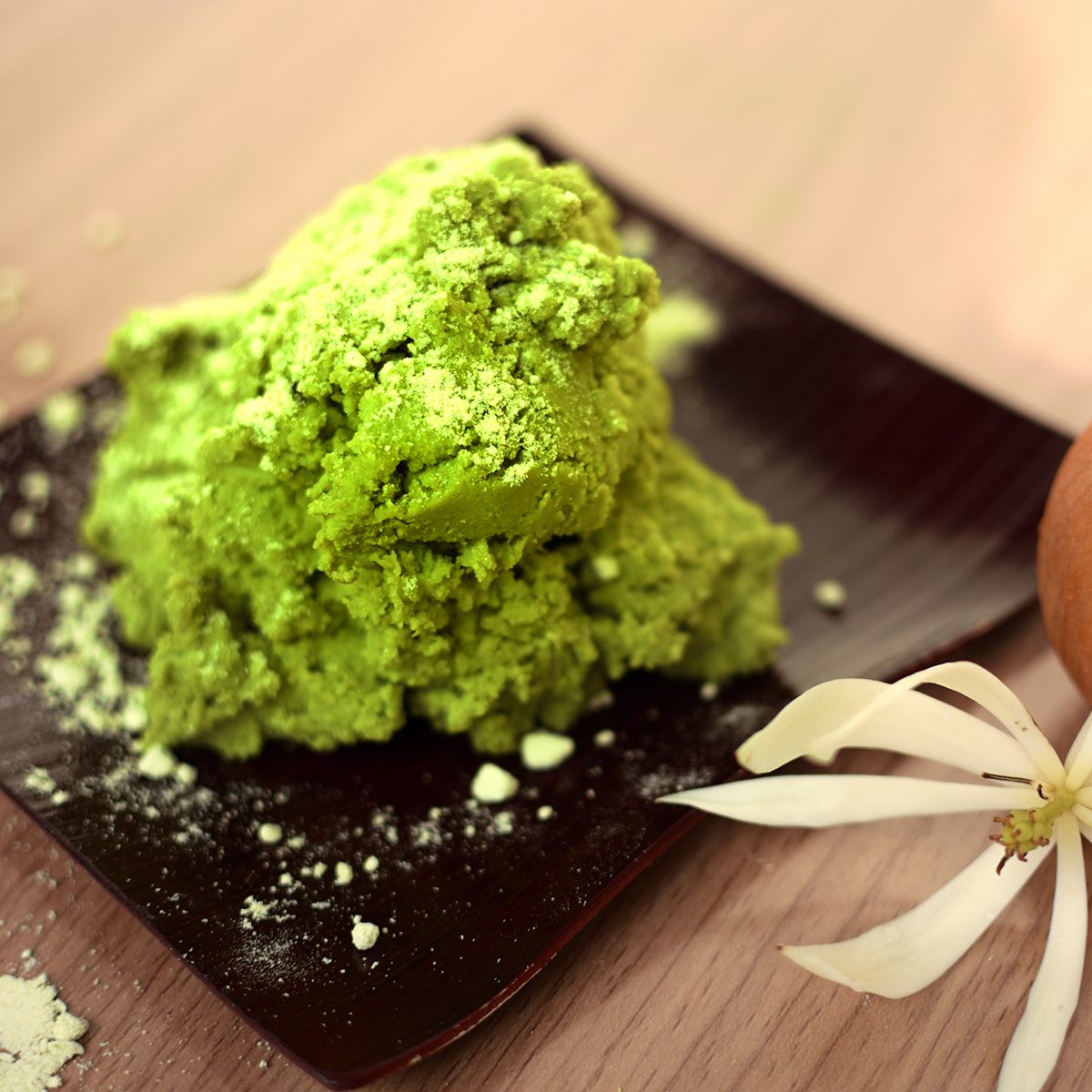
rash on baby face, baby with dermatitis problem of rash. Allergy
Wasabi is a plant native to Japan. It's mainly grown for its roots, which are ground to make a spice. It's sometimes called Japanese horseradish. Wasabi contains chemicals that may have anticancer.

Wasabi Soy Sauce Seasoned Almonds Legendary Foods LLC
Studies estimated that horseradish and wasabi contain similar amounts of ITCs, with wasabi providing 971-4357 mg per pound (2,137-9,585 mg per kg), compared with 682-4091 mg per pound (1,500.

Food Allergies & What Makes Kids More at Risk for Food Allergies · Dr Dad
Heat light vegetable oil in a pan for 2 to 3 minutes, until it's warm. Stir in wasabi paste and let it cool completely. Add in Vitamin E oil and transfer it to a squirt bottle or spray bottle.

What Food Allergies Affect Filipino Kids? Can you take Loratadine
Allergies can cause symptoms like nasal congestion and respiratory discomfort. The sinus-clearing effect of wasabi and its anti-inflammatory properties may temporarily relieve these symptoms.

Wasabi Weinstadt SushiLieferservice und Take Away
However, with a spice allergy, there may also be other symptoms such as: Swelling of the lips. Nasal congestion. Hives ( urticaria ) Bloating. Nausea. Diarrhea. Others still may experience shortness of breath or develop a rash where the spice comes in contact with skin. This is known as contact dermatitis .

Free From G. Gluten Free Wasabi Peas
How to substitute: replace wasabi in a 1:1 ratio with Yuzu Kosho. Hot sauce. Hot sauce is another alternative if you're dodging wasabi and horseradish due to allergies. You can describe both wasabi and hot sauce as 'spicy'. But the heat is different. Hot sauce is based on chilis, which get their heat from capsaicin.

"Allergy Face" Is Real — & Here's What You Can Do About It Skin
Wasabi boosts the immune system. It can improve gut health. Wasabi can help with bone health. It may reduce the risk of cancer. Wasabi supports heart health. It has anti-inflammatory properties. It has antibacterial properties. Wasabi can help alleviate seasonal allergies. It aids in respiratory health.

Wasabi Japanese Ingredient for Health Health, Ingredient, Wasabi
Allergic reactions: Some people may have an allergic reaction to wasabi, which can range from mild symptoms like itching or hives to more severe reactions like difficulty breathing. Cost: Wasabi can be expensive and may not be readily available in all areas. Scientific Studies.

Wasabi KRACKS
Wasabi, also called Japanese Horseradish, is a plant in the Brassicaceae family, also called brassicas. Other plants in this family include cabbage, broccoli, radish and cress. Wasabi root contains isothiocyanates which cause the heat sensation you feel when you eat it - this is not to be mistaken with an allergic reaction.

13 Natural Remedies for Food Allergies The Hidden Cures
Wasabi also contains smaller amounts of vitamin A and pantothenic acid. Health Benefits. In addition to its culinary uses, scientists have started investigating wasabi's medicinal uses. It's thought to alleviate symptoms in a number of disorders, including allergies, asthma, cancer, inflammation and neurodegenerative diseases.

What Does A Skin Allergy Look Like Pollen Grain
Salmon. This could be one of the new solutions for allergies you haven't heard of yet. "Fatty fish, such as salmon, sardines, and mackerel, can fight allergic inflammation through omega-3 fatty acids," Dr. Galowitz says. "These fats help stabilize cell membranes, making them less likely to release histamine when an allergen arises."

Cleaning Tips to Ease Allergies Voilà Asheville
Soy Allergy. Most "fake" wasabi contains soybean oil. If you have a soy allergy, you should avoid wasabi unless you are confident that it is authentic and contains no soy products.

Wasabi Popcorn myEureka Snack
It helps to decongest and provide sinus relief by stimulating certain nerves to loosen mucus and help it run. Chili peppers aren't the only foods that contain effective chemical compounds. Other spicy foods, such as wasabi, horseradish and ginger, each contain their own compounds that trigger a similar reaction.

8 Foods That Help Allergies—and 4 That Make Them Worse
Wasabi also has anti-inflammatory properties, which can help reduce redness and swelling inside the nasal passages caused by seasonal allergies. Plus, wasabi contains both antioxidants and antibacterial properties , which prevent infections from occurring as well as killing bacteria that do form in the nasal passages.
-1920w.jpg)
The Truth About Food Allergies and Children
Wasabi also has anti-inflammatory activity and appears useful for relieving symptoms of seasonal allergies, at least according to enthusiastic reports from those who have tried it. If you don't get symptom relief from other forms of allergy treatment (I recommend using quercetin and stinging nettle), it would be worthwhile to try capsules of.

The wasabi helps my allergies. sushi dcsushi food dc… Flickr
01 February, 2012. Wasabi, commonly called Japanese horseradish, is a spicy green condiment usually served with sushi. Like other radish-based foods, wasabi has an effect on your nasal passageways and sinuses, even in relatively small amounts. Wasabi consumption can lead to watery eyes, runny nose and sneezing, but research seems to indicate.